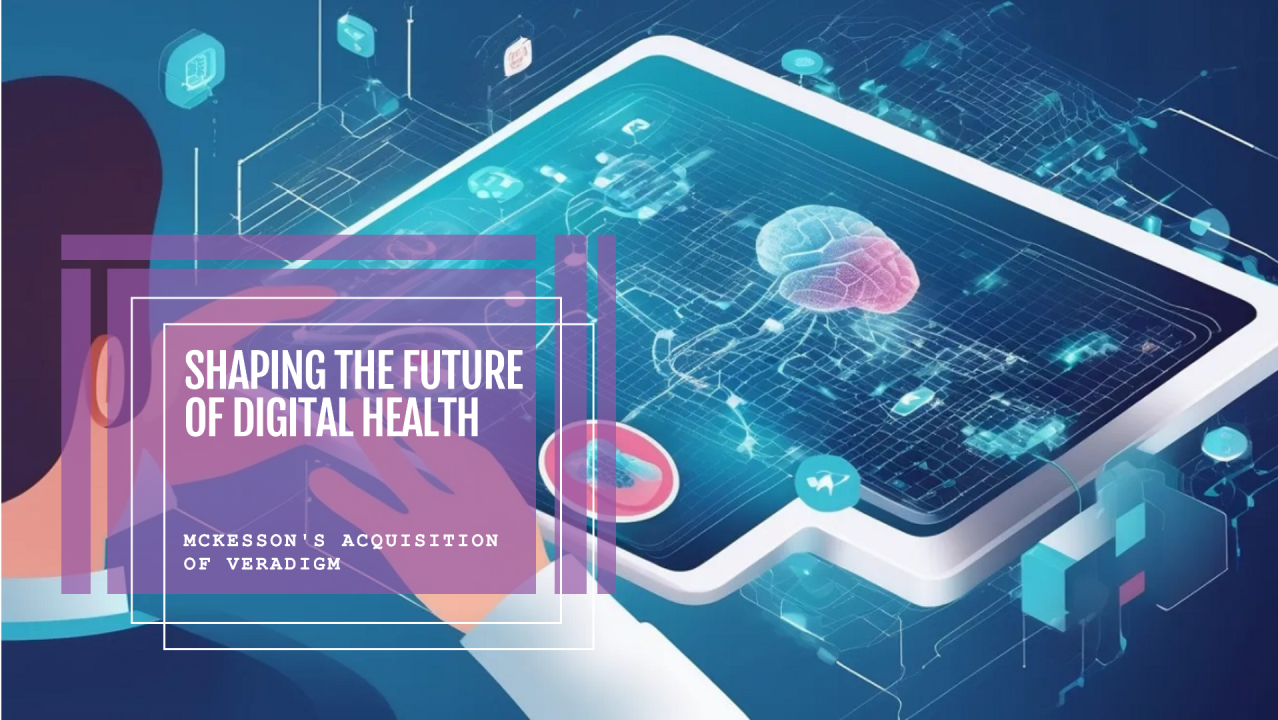1. How Are Digital Health Solutions Transforming Chronic Disease Management?
Digital health solutions have become integral in managing chronic diseases, such as diabetes, hypertension, and cardiovascular conditions.
Leading companies like Koninklijke Philips N.V. (Netherlands) and Athenahealth Inc. (US) are leveraging advanced technology to provide patient-centered care, which includes remote monitoring, personalized health data analytics, and AI-driven health recommendations.
Key Innovations:
- Philips HealthSuite Digital Platform: This platform enables remote monitoring of patients’ vital signs and health data. It integrates seamlessly with other medical devices, allowing healthcare providers to track patients with chronic conditions like COPD or heart disease.
- Athenahealth’s Population Health Management Solutions: These tools offer analytics and decision support, helping healthcare providers identify at-risk patients and engage them in proactive health management.
Benefits:
- Personalized Care: Digital health tools provide real-time insights into patient health, enabling personalized treatment plans.
- Reduced Hospital Readmissions: With continuous monitoring, potential health issues can be detected early, preventing hospital readmissions.
2. How Is AI Transforming Digital Health Solutions?
Artificial Intelligence (AI) is revolutionizing digital health by automating complex medical processes, enhancing diagnostic accuracy, and enabling predictive analytics. Companies like Cisco Systems (US) and General Electric Company (US) are at the forefront of integrating AI into healthcare systems to optimize clinical workflows and improve patient outcomes.
Key Innovations:
- Cisco’s HealthPresence® Solution: This platform leverages AI to provide virtual healthcare consultations with enhanced diagnostic capabilities. AI algorithms analyze patient data to provide clinicians with actionable insights.
- GE’s Edison Health AI Platform: This platform integrates clinical, operational, and imaging data to support diagnostic imaging, patient management, and therapy planning.
Benefits:
- Enhanced Diagnostic Accuracy: AI can analyze large datasets quickly and identify patterns that are difficult for humans to detect.
- Predictive Analytics: Predictive models can forecast potential health issues, enabling early interventions.
3. How Does Telehealth Complement Digital Health Platforms?
Telehealth and digital health platforms are converging to offer a holistic approach to patient care. Companies such as Epic Systems Corporation (US) and eClinicalWorks (US) are developing solutions that integrate telehealth services with digital health tools, providing a seamless experience for both patients and healthcare providers.
Key Innovations:
- Epic’s Telehealth Integration with MyChart®: This feature allows patients to schedule virtual appointments, share health data with clinicians, and receive personalized health recommendations based on their data.
- eClinicalWorks’ Healow® Telehealth Platform: This platform integrates patient health records and telehealth capabilities, allowing providers to access comprehensive health data during virtual visits.
Benefits:
- Improved Accessibility: Patients can access healthcare services from remote locations, reducing the need for physical visits.
- Streamlined Care Coordination: Integration of telehealth with electronic health records (EHRs) ensures that all patient data is centralized and accessible to clinicians.
4. What Are the Top Digital Health Trends to Watch in 2024?
The digital health industry is evolving rapidly, with emerging technologies like AI, IoT (Internet of Things), and wearable devices leading the way. Companies such as Veradigm, LLC (US) and McKesson Corporation (US) are embracing these technologies to provide innovative health solutions that enhance patient care and streamline healthcare operations.
Key Trends:
- Integration of Wearable Devices with EHRs: Veradigm’s digital health solutions include the integration of wearable devices with EHR systems, allowing clinicians to monitor patients’ activity levels, sleep patterns, and other health metrics in real-time.
- AI-Driven Clinical Decision Support: McKesson’s clinical decision support systems utilize AI to analyze patient data and assist healthcare providers in making informed treatment decisions.
Benefits:
- Enhanced Patient Engagement: Wearable devices enable patients to take an active role in their health management by providing real-time data.
- Improved Decision-Making: AI-powered tools can provide evidence-based recommendations, improving the accuracy of clinical decisions.
These digital health innovations by leading companies are paving the way for a more connected and patient-centric healthcare ecosystem. Leveraging technologies such as AI, IoT, and integrated platforms, these companies are redefining how healthcare is delivered, managed, and experienced globally.
For more information visit at MarketResearchFuture
Other Trending Reports
Medical Imaging Recorder Market


